"My teaching philosophy with Mobile Studio is to provide greater flexibility in student learning such that students can learn using mobile technology in any physical environment, no longer restricted by facilities or special equipment. The motto is 'lecture in lab, lab in lecture,anywhere any time'"
MOBILE LAB?
Mobile Lab is philosophy and pedagogy which, with hardware component and software component, provides similar functionality to that of the laboratory equipment such as scope, function generator, power supply, digital multi-meter, and so on. Mobile Lab allows students to learn in mobile environments, not limited by space, equipment, and time. Also, it aims to merge theory and experiment, lecture and practice together. The hardware/software components we currently use at Howard University are developed at Renselaer Polytechnic Institute (RPI).
WHY MOBILE LAB?
Most core electrical and computer engineering courses are taught along with accompanying laboratories. Lectures and labs are taught sometimes by different instructors at separate times. In other words, theories and applications and simulations and implementations are separately taught. Great are the need of combining two components together and the demand of synergy learning in which introduction of a theory and verification of the theory are possible and instant in a conducive learning environment. In addition to the need and the demand, there is a practical barrier to break in the current laboratory system: facility limitation and time of use restriction. Traditional labs are to be equipped with work benches and expensive instruments, and students have to come to the the physical facility to perform an experiment, where the access is often denied after hours.
Our project, motivated to meet the need and the demand and to lift the barrier of the conventional laboratory limitation, seeks to develop a mobile studio class using laptops. For the data acquisition software and its interface, which substitute laboratory equipment, our collaborator at RPI was generous enough to provide the laboratory software "scope" and the USB interface between the laptops and students' breadboards.
Since Fall 2005, multiple Mobile Lab sessions have been applined in circuit theory and electroncis courses. In Electronics I class, students experienced exciting moment of theory, simulation, followed by circuit implementation and testing and measurement, using only a laptop. The "Scope" enabled measuring and display of the result.
An initial survey conducted by a collaborator in the Education Department was very encouraging. Overall, the students expressed very positive attitudes regarding the mobile studio approach in their courses. The students rated the mobile lab class as quite favorable in terms of increasing their ability to apply theory, knowledge of subject matter, and interaction with other students in the course.
MOBILE LAB PEDAGOGY
Mobile Lab pedagogy has two essential components: combination of theory and application and extension of classroom to "anywhere anytime." A lecture and lab pair, for example Electronic I and Electronics I Lab, which has been separately taught in a classroom for the lecture part and in a laboratory for the lab, is now taught in any room. Currently, a lab space is used for the mobile studio class, it is not necessary. Any place with tables and wireless access can now become a classroom. This dramatic change and quick realization of the mobile studio pedagogy was only possible by the help from our collaborators in RPI. Their expertise and experience opened our eyes on the new pedagogy of engineering teaching, and they helped us launch, before applying for a HP Technology for Teaching grant, two demonstration events of mobile studio class. The experience gained from the demonstration propelled us to easier deployment of the wireless environment with the HP grant and to smoother transition to the mobile studio pedagogy.
IMPACT ON TEACHING and LEARNING
The purpose of the project is to develop a mobile lab to provide students with a conducive and synergistic learning environment. For a teaching perspective, it also involves the improvement in the betterment of conveyance of knowledge. Lecturers are excited by the enable technology of Tablet PC and its writing table. A simple and fixed slide now can become just a template of a more dynamic teaching material with instant drawings, scribbles, and additions. We envision, with full deployment of the mobile studio in a wider range and a broader exposure, that more lecturers join us in this exciting teaching environment. For an effort to disseminate the benefit of the mobile studio, we held open houses and other tutorial and training events.
HARDWARE COMPONENT (IOBOARD)
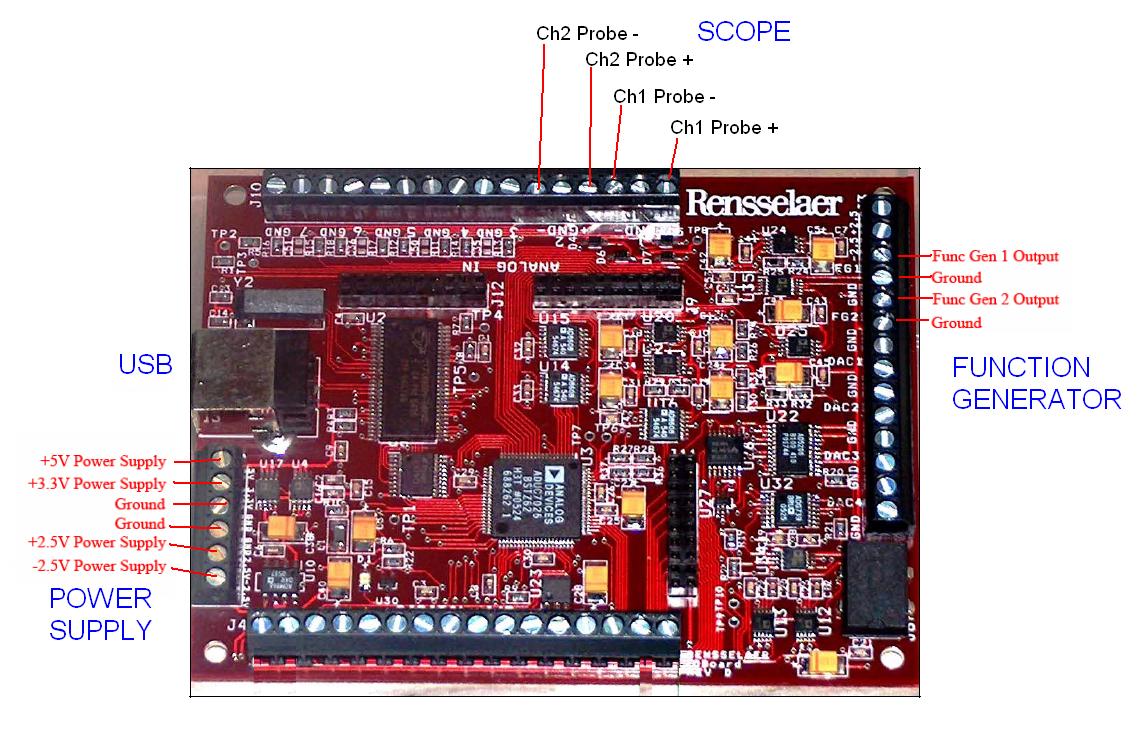
SOFTWARE COMPONENT - (MOBILE STUDIO DESKTOP)
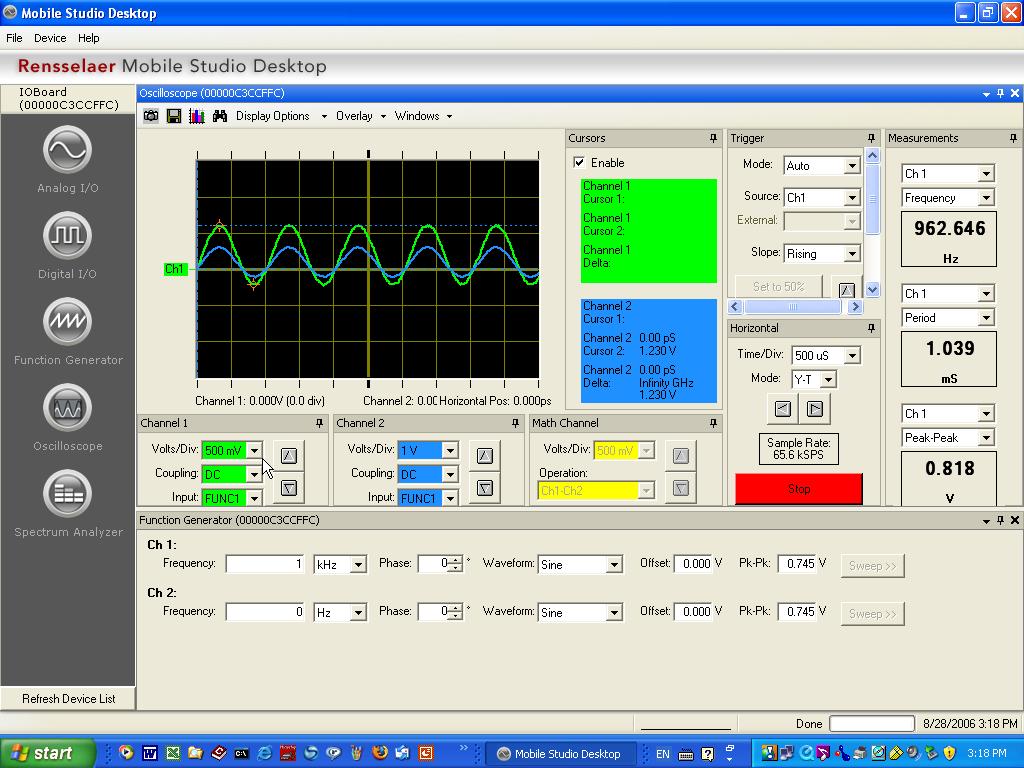
Mobile Lab Tutorial
Mobile Lab Centered Courses
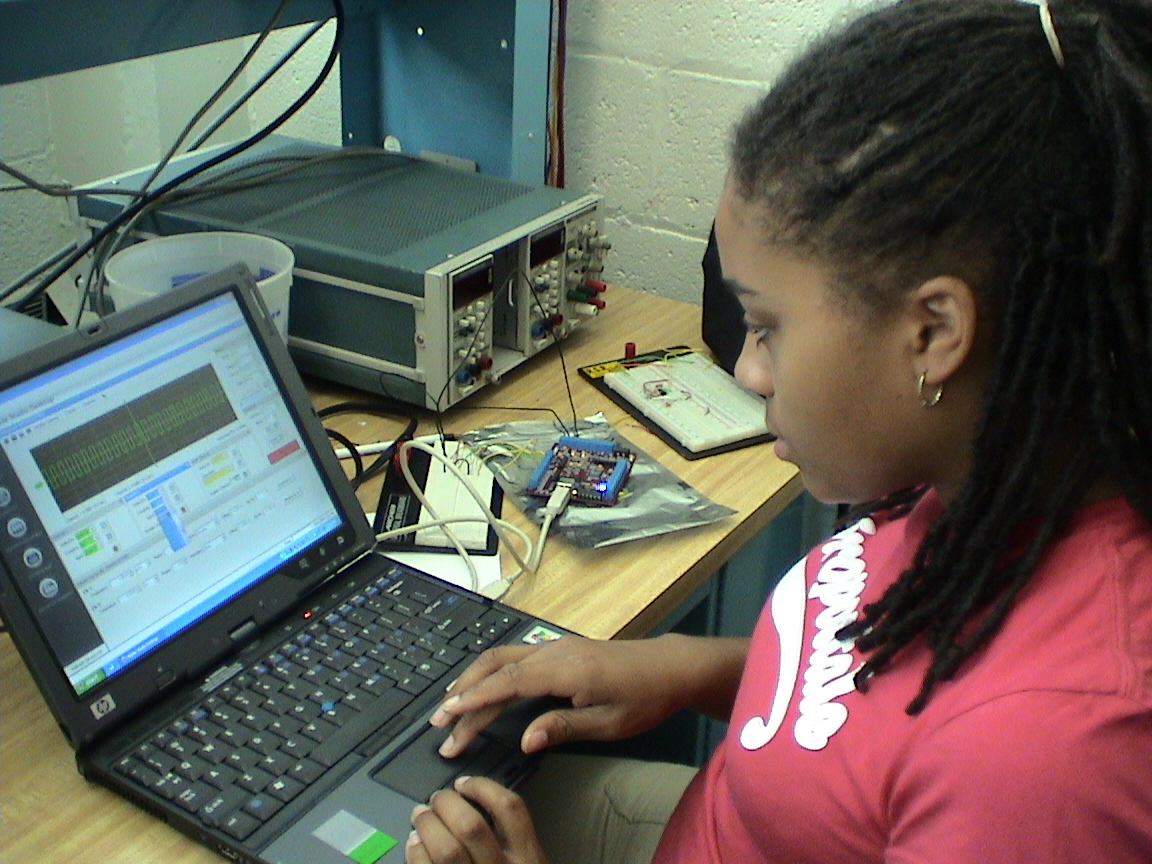


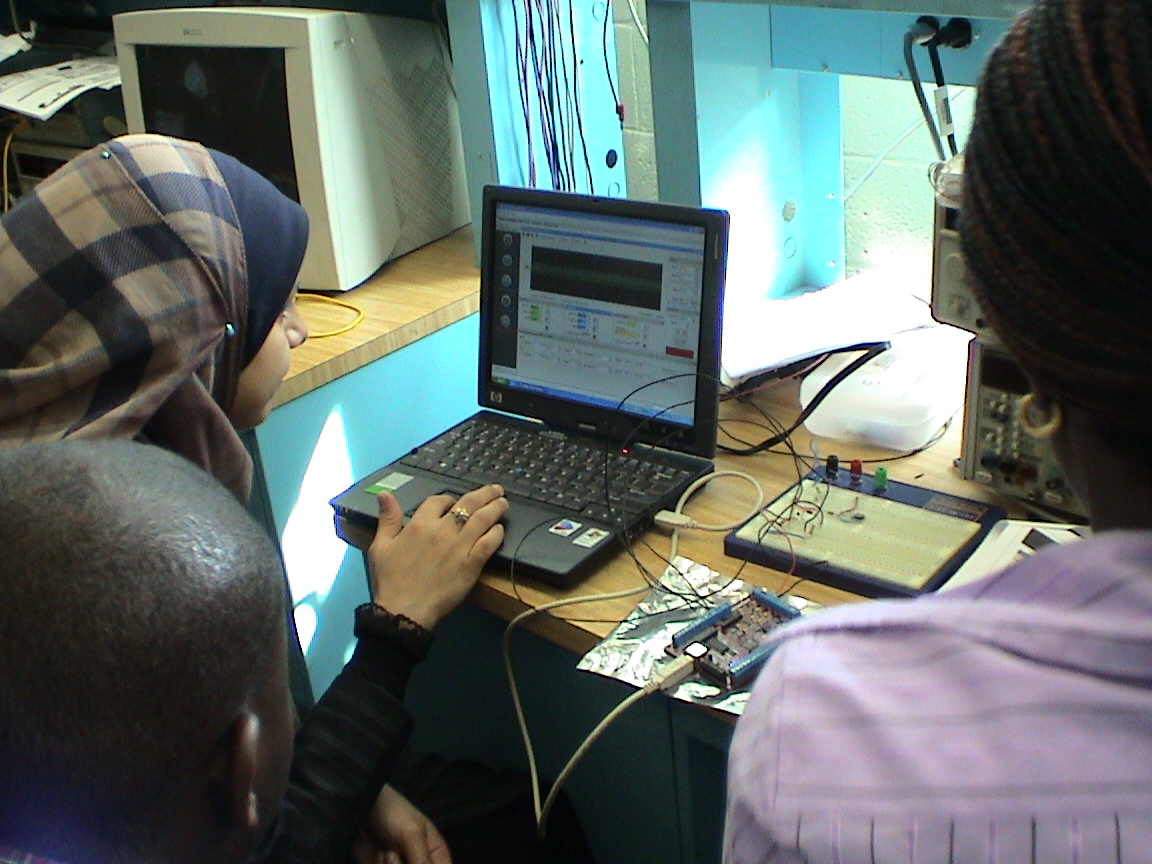


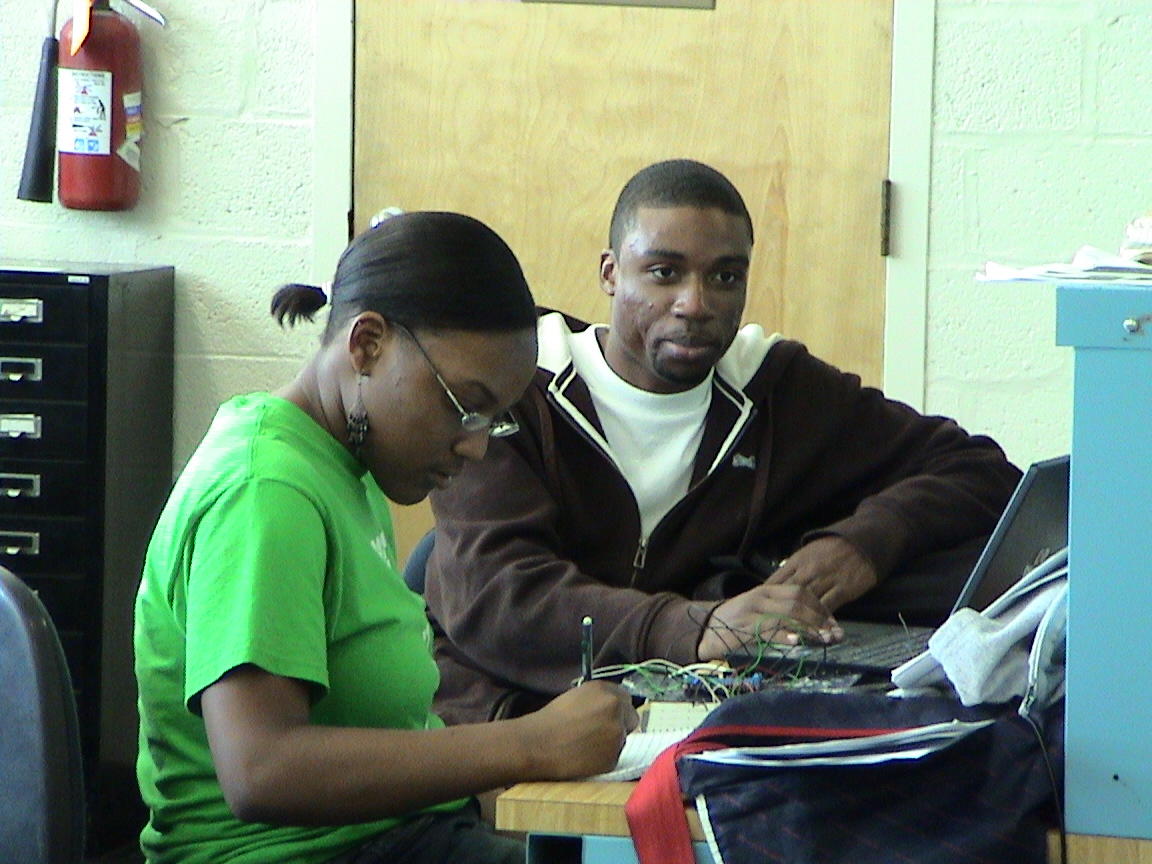

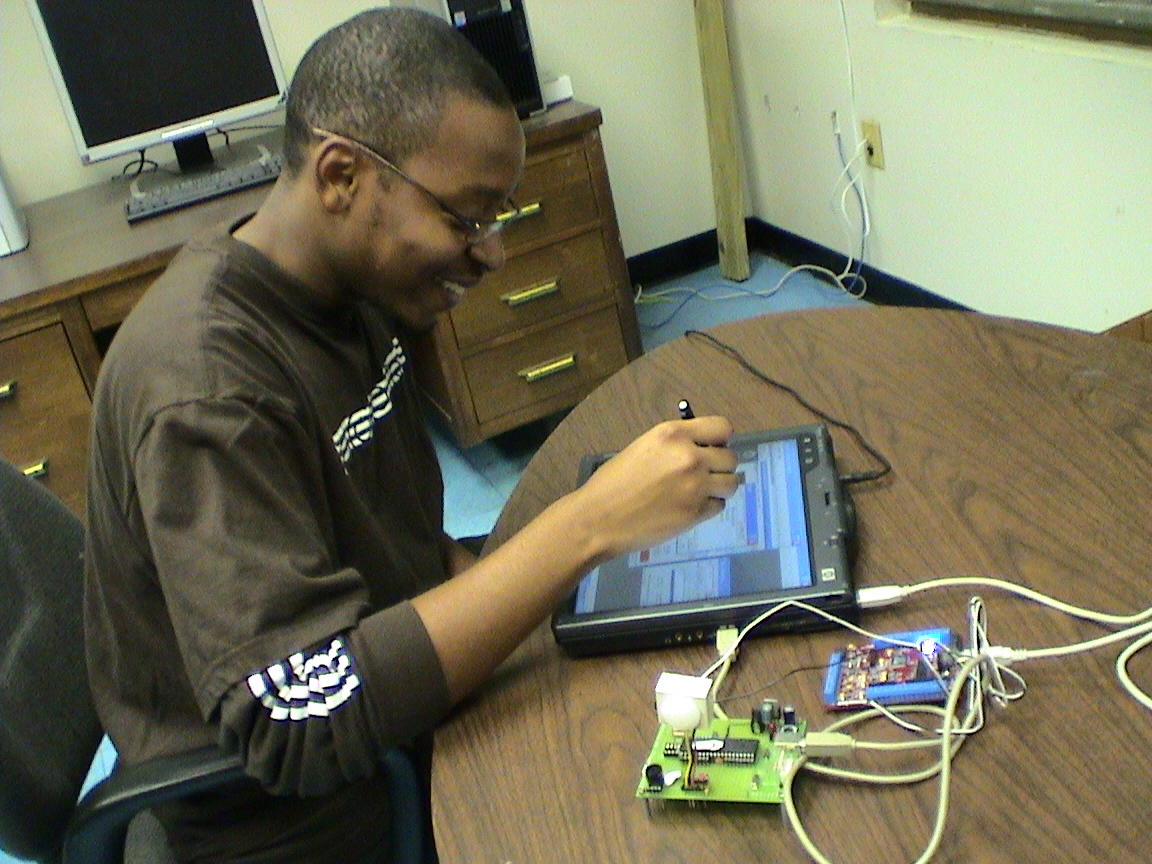
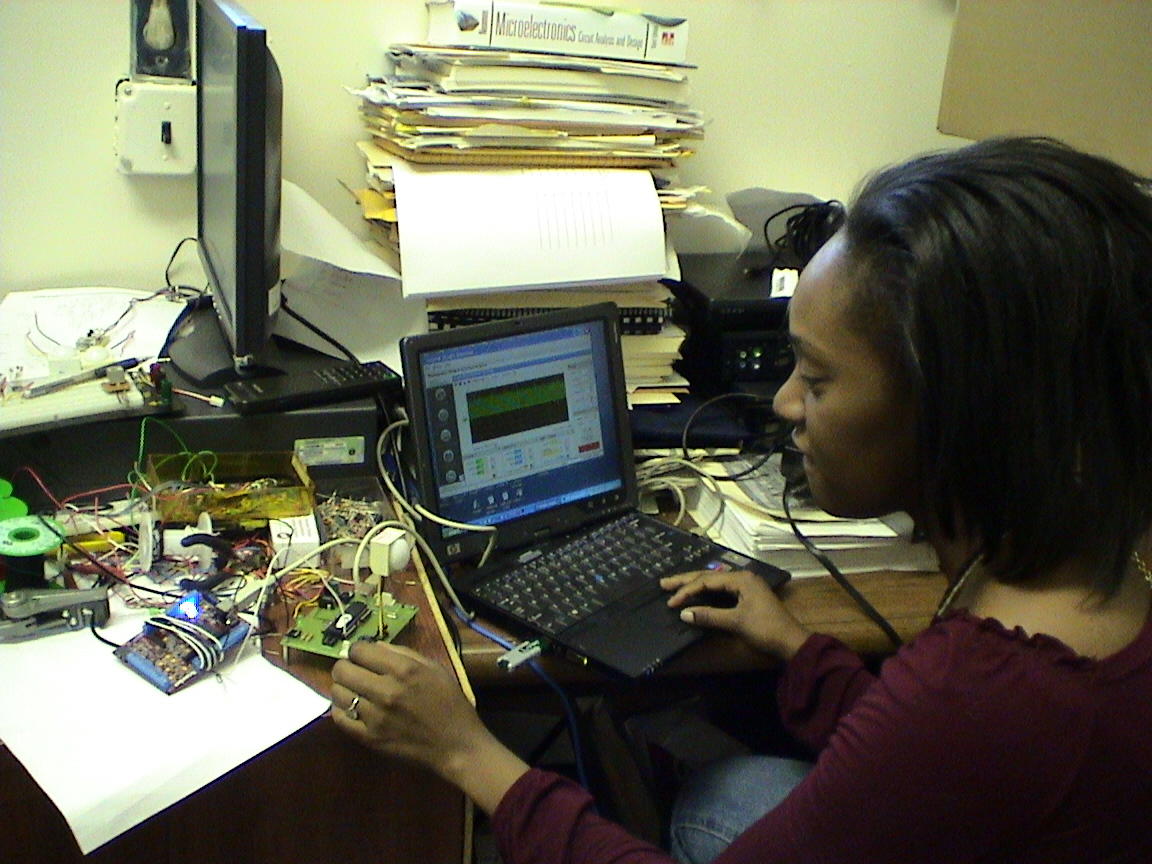
Tablet PC for Classroom Use
MOBILE LAB COMMUNITY